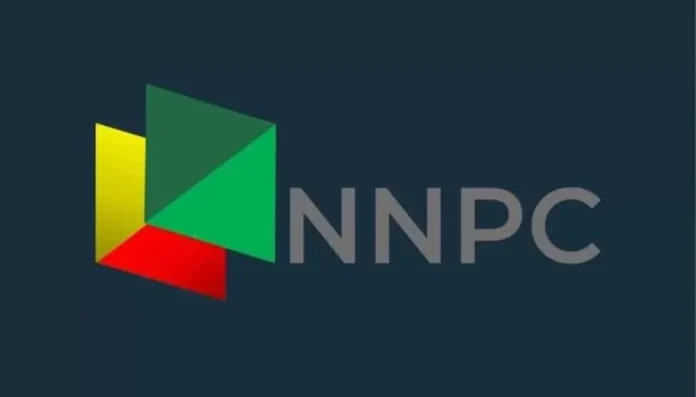The Nigerian National Petroleum Company Limited (NNPCL) has announced that it will likely start lifting petrol from Dangote Refinery on September 15, adhering to the refinery’s timeline.
The company has also assured the public that the current fuel queues at filling stations will soon subside as measures are being taken to ensure a smooth distribution of petrol nationwide.
NNPCL attributed the fluctuating petrol prices to foreign exchange illiquidity, emphasizing that prices are determined by unrestricted market forces as outlined in the Petroleum Industry Act (PIA).
Speaking on a national TV on Thursday, the executive vice president of Downstream, NNPC Ltd, Adedapo Segun explained that the current fuel scarcity was expected to ‘subside in a few days as more stations recalibrate and begin selling PMS.’
He said, Section 205 of the PIA, which established NNPC Ltd, stipulated that petroleum prices were determined by unrestricted free market forces.
According to him, “The market has been deregulated, meaning that petrol prices are now determined by market forces rather than by the government or NNPC Ltd. Additionally, the exchange rate plays a significant role in influencing these prices.”
On the commencement of lifting PMS from the Dangote Refinery, Segun said, the NNPC Ltd was awaiting the September 15th timeline provided by the refinery.
Segun expressed understanding of the public’s frustration with the ongoing fuel scarcity. He acknowledged that no rational person would be satisfied with the current situation, ‘The NNPC Ltd had nearly a thousand filling stations nationwide and was collaborating with marketers to ‘ensure that stations open early, close late, in order to maintain adequate fuel supply to meet the needs of Nigerians.’
He promised Nigerians: “We are also engaging relevant authorities to ensure product diversions are prevented and timely deliveries to all stations are ensured. The scarcity should ease in the next few days as more stations recalibrate and begin operations”.
This article was written by Tamaraebiju Jide, a student at Elizade University











